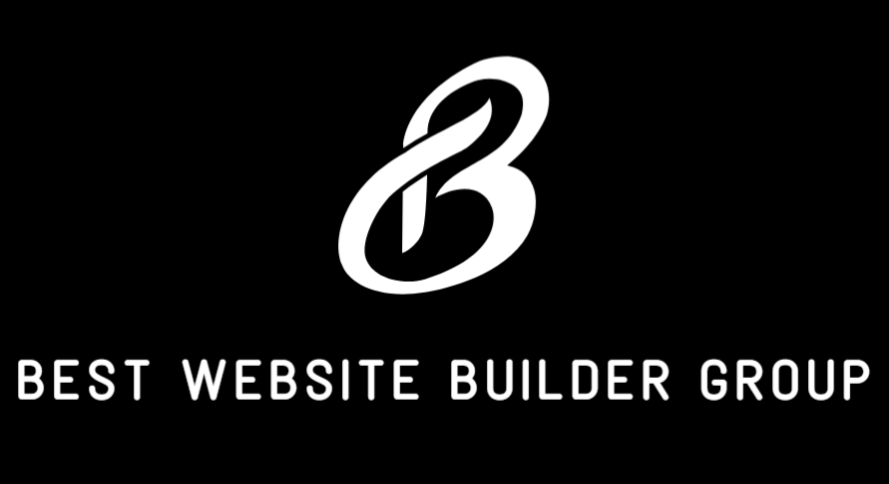When exploring options for building a website, one of the most common questions that arises is: Is WordPress free? The answer is both simple and nuanced. At its core, WordPress is an open-source content management system (CMS) that anyone can download, install, and use for free. However, creating a functional, polished, and competitive website with WordPress often involves additional costs. To fully understand what you’re getting into, it’s essential to distinguish between WordPress.com and WordPress.org, and to evaluate the various elements that contribute to the total cost of ownership. In this article, we break down what “free” really means when it comes to WordPress, and what expenses to expect if you’re building a professional website.

Understanding WordPress.org vs. WordPress.com
The biggest source of confusion around the question “is WordPress free” comes from the existence of two different platforms: WordPress.org and WordPress.com. While they share the same foundational software, their functionality and cost structures are very different.
WordPress.org is the free, self-hosted version of WordPress. You can download the software from wordpress.org and install it on any web hosting environment. This version gives you complete control over your website’s design, functionality, and monetization. For hosting, we recommend DreamHost!
WordPress.com, on the other hand, is a hosted version of the platform managed by Automattic (the company behind WordPress). While there is a free plan available, it comes with limitations such as ads, restricted customization, and a branded subdomain (e.g., yoursite.wordpress.com). Premium plans remove these restrictions but come at a cost.
So yes, WordPress itself is free—but the way you use it determines what you’ll ultimately spend.

What You Get for Free with WordPress.org
When using WordPress.org, the software is truly free to download and use. You can:
- Build an unlimited number of websites
- Access thousands of free themes and plugins
- Customize your site’s code
- Create any type of website—from blogs to full eCommerce stores
This level of freedom is what makes WordPress the most popular CMS in the world. But it also means that you’re responsible for setting up and maintaining the environment in which your site lives.

What Costs Are Involved in Using WordPress
While the core WordPress software is free, building a live, secure, and well-performing website comes with necessary expenses. These may include:
Web Hosting: WordPress needs to be installed on a server. Hosting costs can range from $3/month for shared hosting to $30+/month for managed WordPress hosting. Companies like SiteGround, Bluehost, and WP Engine are popular options.
Domain Name: You’ll need a domain (like yourbusiness.com), which typically costs $10–20 per year. Domain registrars include Namecheap, GoDaddy, and Google Domains.
Premium Themes: While free themes exist, premium themes with enhanced features, better support, and stronger design quality can cost $40–100.
Plugins: WordPress plugins extend functionality. Many are free, but premium versions may cost $20–$200 depending on what you need (e.g., SEO tools, booking systems, membership platforms).
SSL Certificates: Some hosting providers include SSL for free, while others charge for it. This is essential for site security and SEO.
Design and Development: If you work with professionals like Best Website Builder Group, you may incur one-time or ongoing costs for development, branding, content writing, and ongoing maintenance.
Is It Possible to Build a Website on WordPress for Free?
Technically, yes. If you use free hosting with WordPress.com, a free theme, and no custom domain, you can create a basic website at no cost. But this setup is often inadequate for serious business or long-term growth.
Even with WordPress.org, it’s possible to limit spending by sticking to shared hosting, using free plugins, and avoiding premium add-ons. However, the more professional and scalable your website needs to be, the more likely you’ll invest in higher-tier tools and services.

Why WordPress Is Still a Great Value
Even when accounting for costs, WordPress remains one of the most affordable and scalable platforms available. You own your data, control your hosting, and are free to customize your site in any way. Unlike website builders that lock you into proprietary systems and pricing tiers, WordPress grows with you.
If you choose to work with an expert like Best Website Builder Group, we help you make strategic decisions about where to invest, what to automate, and how to design a site that reflects your goals without overspending.
Comparing Free vs. Paid Website Platforms
Many free website builders exist, but they often come with significant limitations. Platforms like Wix and Squarespace offer free tiers, but these include branded subdomains, ads, and restricted design options. These are fine for hobby sites, but they rarely support real business growth.
With WordPress, you may pay for hosting and themes, but you gain full control over SEO, analytics, integrations, and performance. It provides unmatched flexibility for blogging, eCommerce, marketing funnels, and custom apps.

Conclusion
So, is WordPress free? Yes—the core software is open-source and available at no cost. But turning it into a high-performing website typically involves additional expenses for hosting, domains, design, and functionality. Still, compared to proprietary platforms, WordPress offers better value, greater freedom, and long-term scalability.
If you’re looking to launch a professional WordPress website without wasting time or money, Best Website Builder Group offers expert design and development services that turn open-source tools into revenue-generating machines. We can help you determine the most cost-effective path forward while unlocking the full potential of WordPress.
